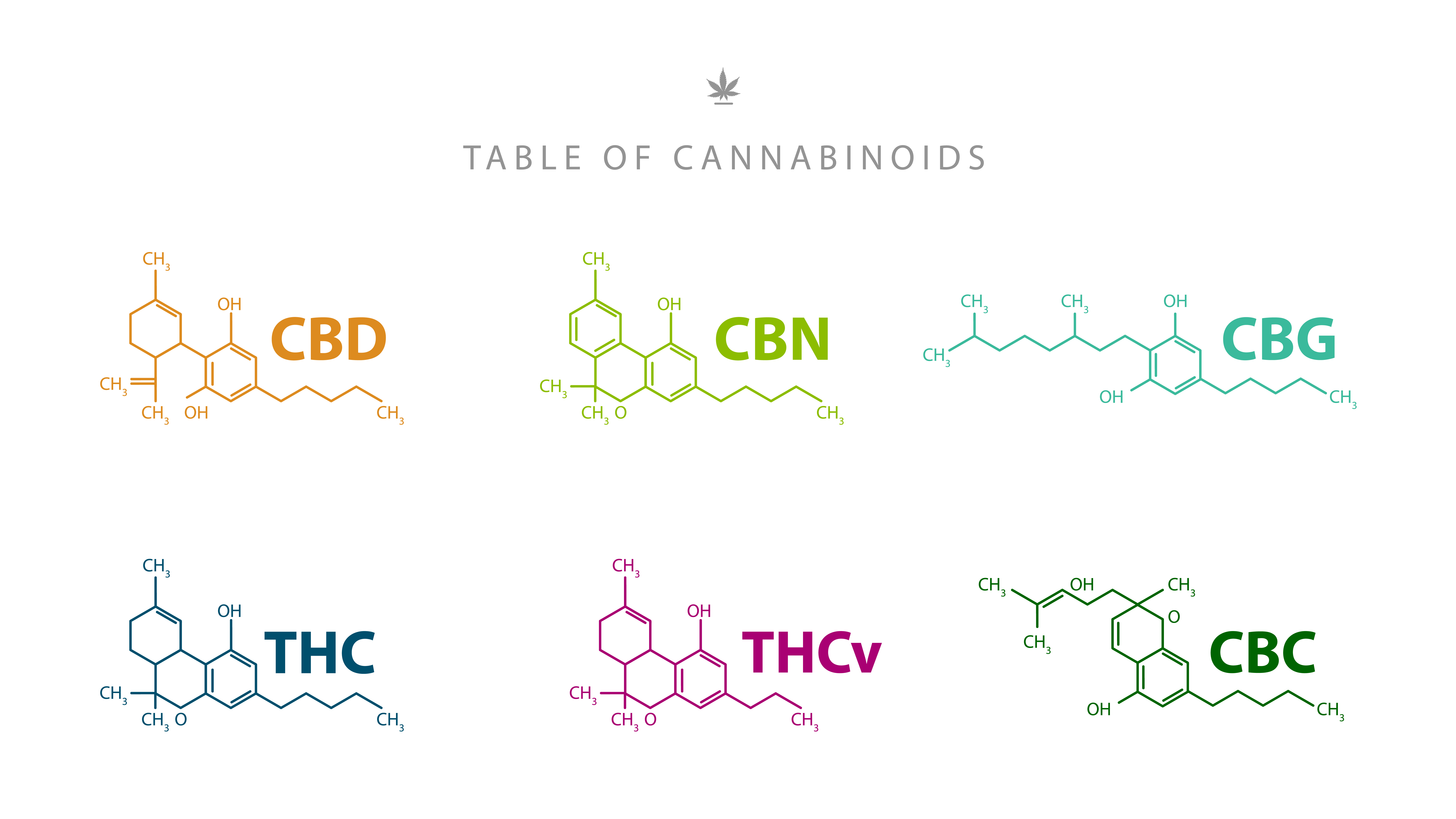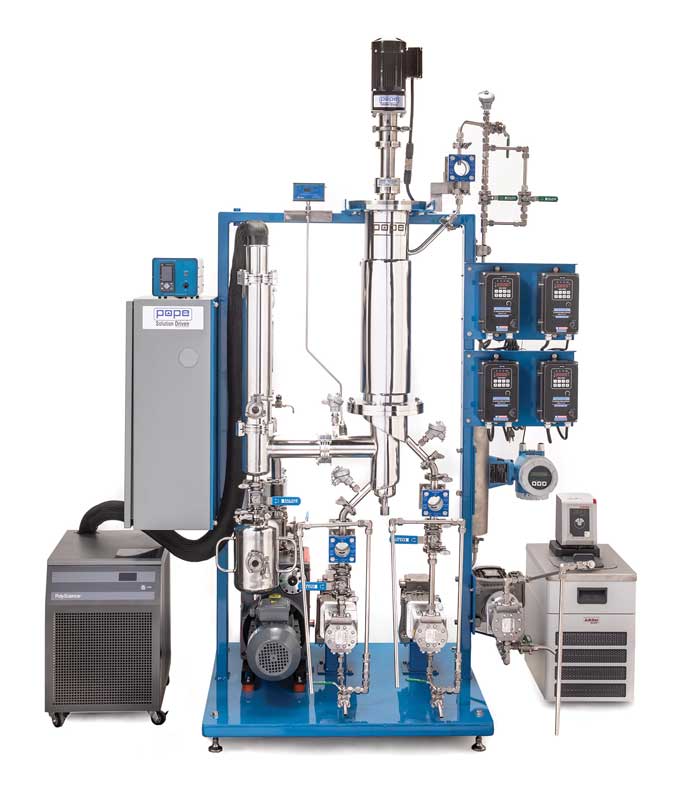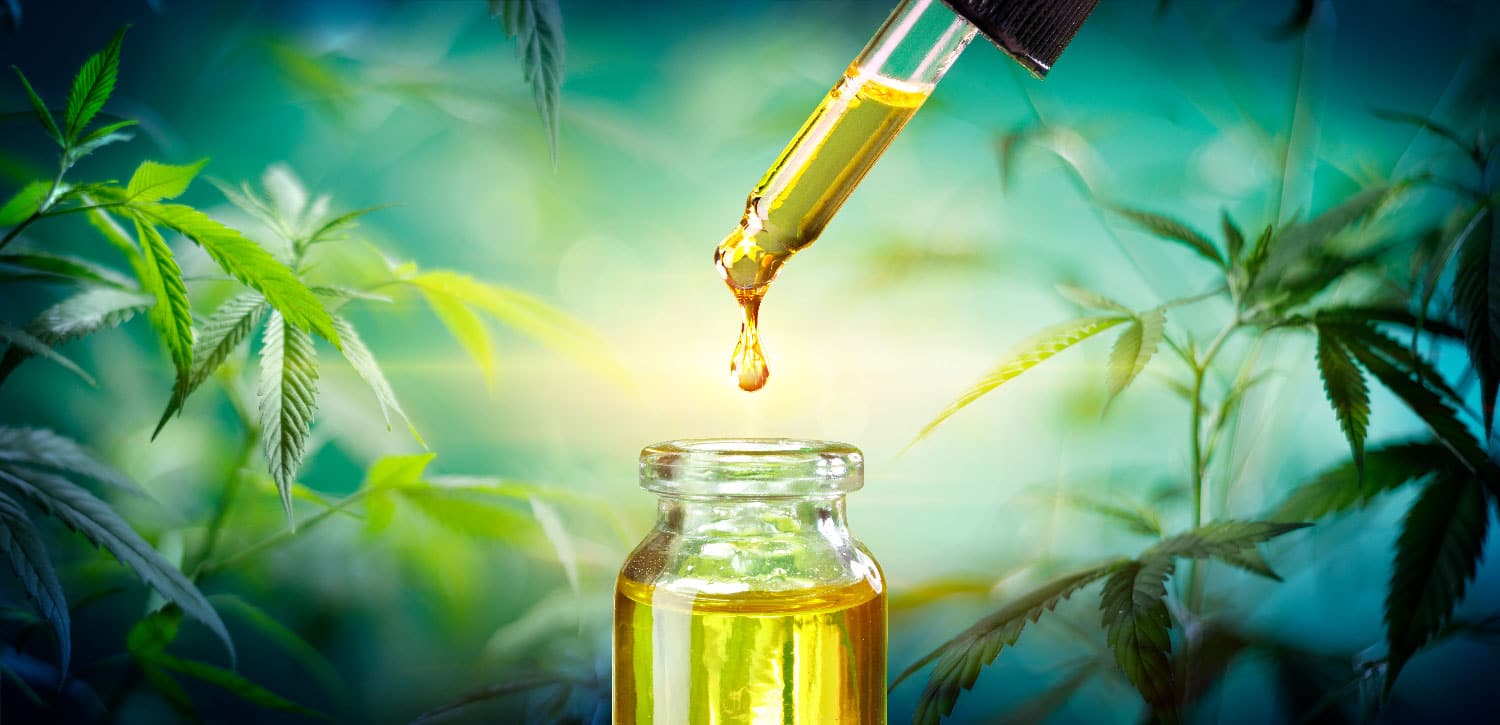Cannabis use and legalization are expanding in the US and worldwide. More people are trying to keep up with the latest trends, technology, and products. Because the industry experiences constant shifts in focus, it can be hard to keep up with and understand the new products hitting the market. This focus and innovation have led to the finding of new natural and synthetic cannabinoids. In this article, we clarify the differences between natural and synthetic cannabinoids and how Pope’s equipment is being successfully used to process them.
Tetrahydrocannabinol (THC) and cannabidiol (CBD) are the two main cannabinoid compounds that people have come to know. THC is extracted from marijuana and CBD is extracted from hemp. THC and CBD are natural compounds and are produced by the plants. The Farm Bill legalized the production of CBD from the hemp plant, as long as it contained less than 0.3% THC. With the CBD industry becoming saturated, producers began to explore other avenues and investigated some of the other cannabinoids that the hemp/marijuana plant makes. These minor cannabinoids are not present in hemp or marijuana in a high enough concentration to make extraction feasible, therefore do not have a natural source and have to be manufactured in a lab using synthetic chemistry. Some of the more popular compounds produced synthetically include Delta 8 THC, Delta 10 THC, and THCV. Some Minor cannabinoids are used as an alternative to Delta 9 THC which is known for its psychoactive effects. Others are used as a form of medicine to help treat inflammation, as an appetite suppressant, and for many other applications.


Pope ProPass 600 Wiped Film Molecular Still
Synthetic cannabinoids have burst on the scene over the last 2 – 3 years. Some of the synthetics are derived from existing cannabinoids through conversion, while others are formed from non-cannabinoids starting material, similar to how the plant itself makes these cannabinoids. Cannabichromene (CBC) and Tetrahydrocannabivarin (THCV) have been very popular as of late. These synthetics are non-psychoactive and provide a wide range of benefits. Synthetic cannabinoids don’t contain waxes and terpenes like that of natural cannabinoids, which calls for slightly different processing parameters given the material is “cleaner.” There is still a lot of research that needs to be done on these cannabinoids and their medicinal properties.
Minor cannabinoids like CBN, CBG, and CBT are extracted from plants just like CBD and THC are, but they are usually not as present as their counterparts. The challenge is isolating the minor cannabinoid away from the major cannabinoid that is present in the plant. At Pope Scientific, we have had a number of applications that have involved distillation as a form of processing this material. This has allowed us to research and learn more about minor and synthetic cannabinoids, and how our cannabinoid distillation systems can be used to process them effectively.
For more information on our tolling, wiped-film distillation and other processing questions, contact Pope today.


